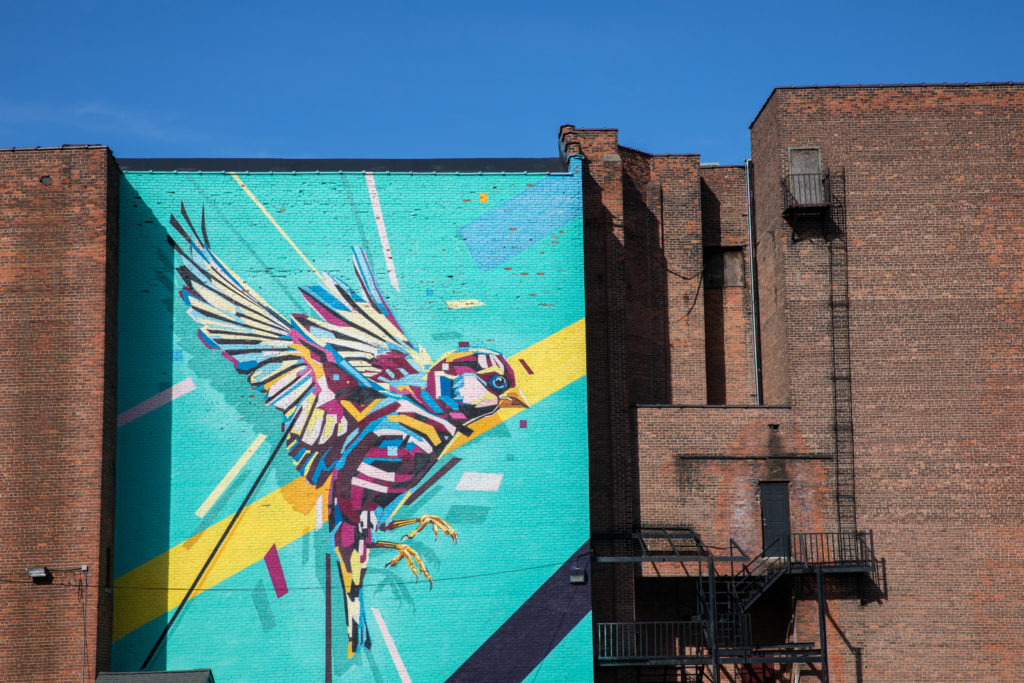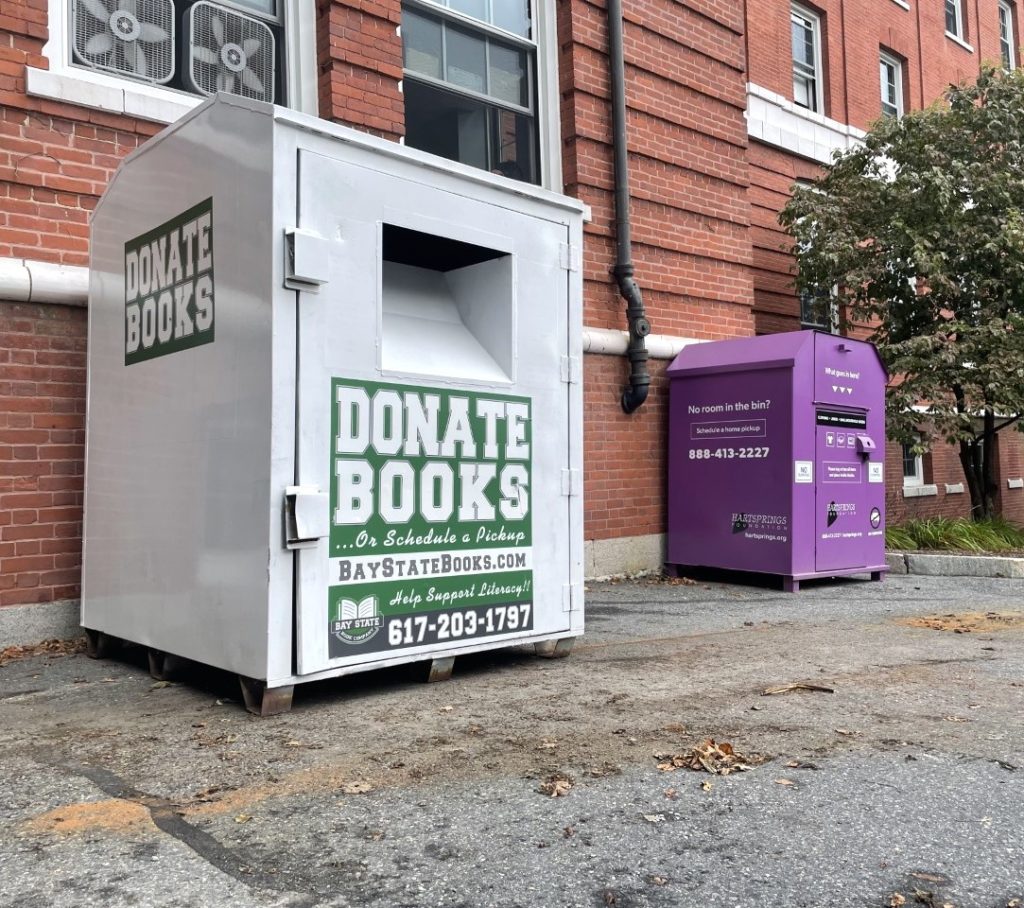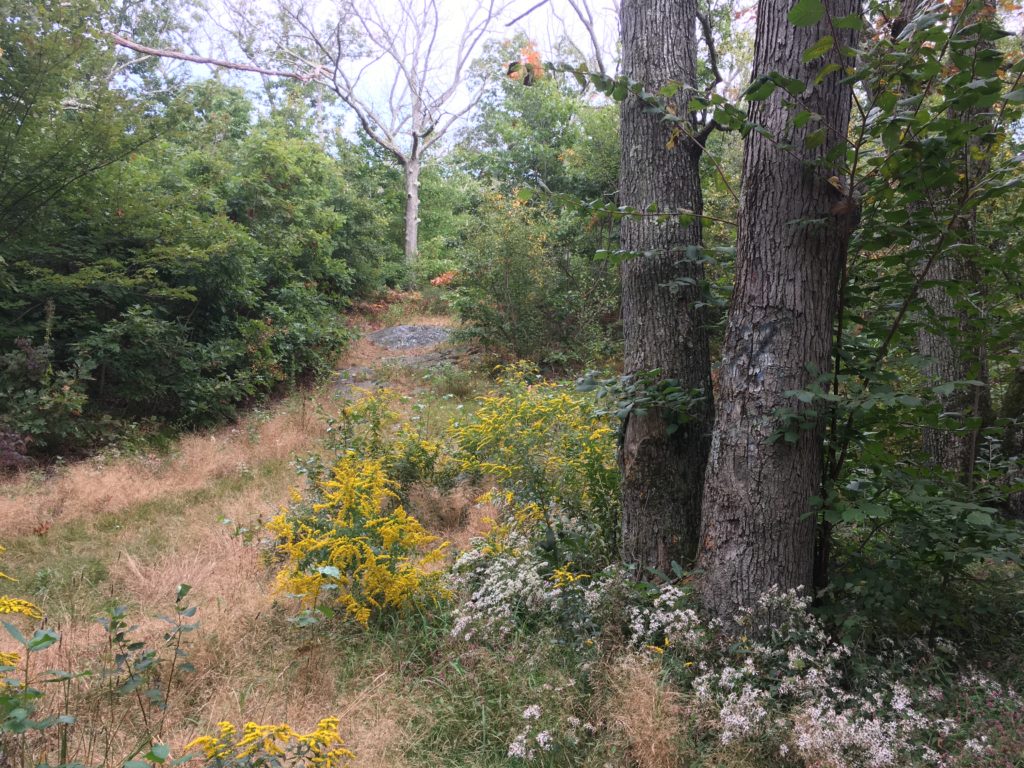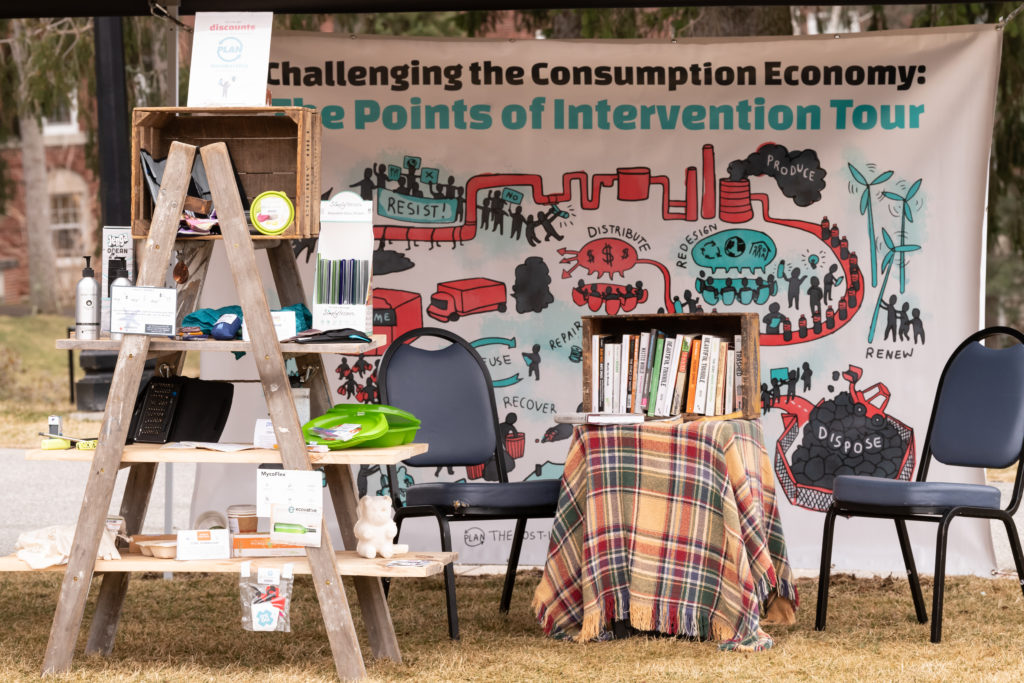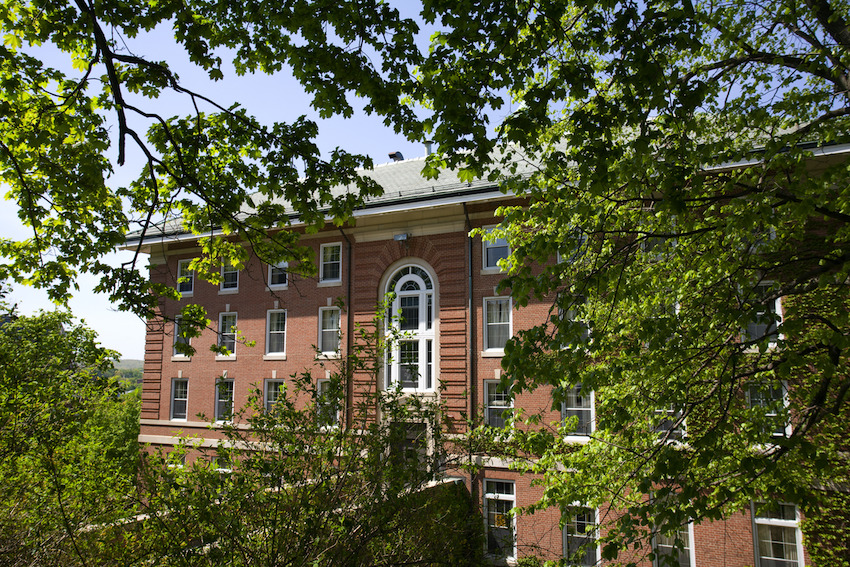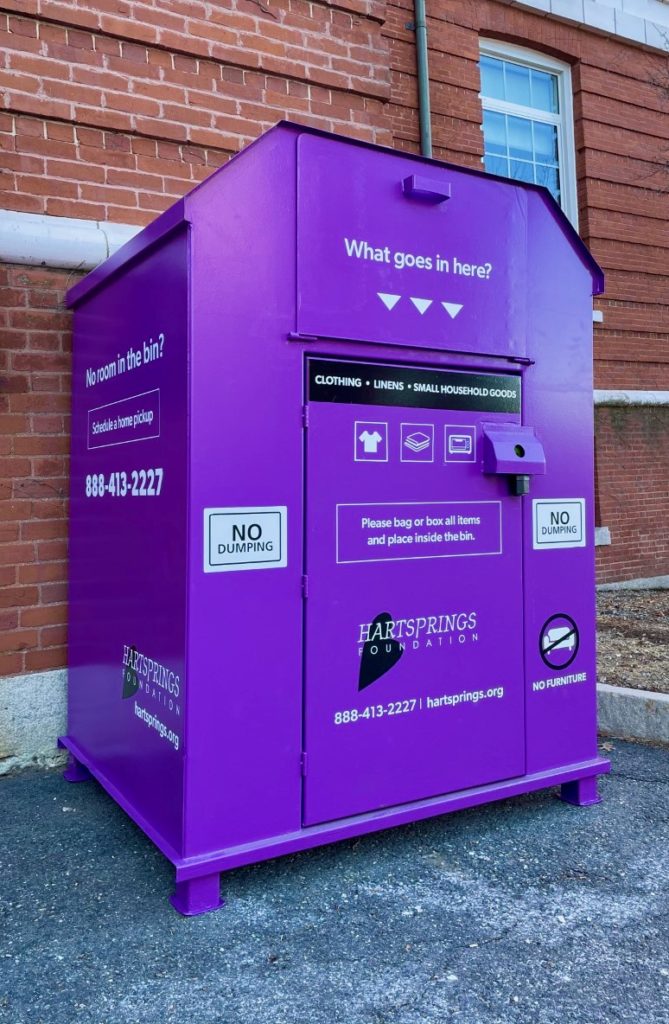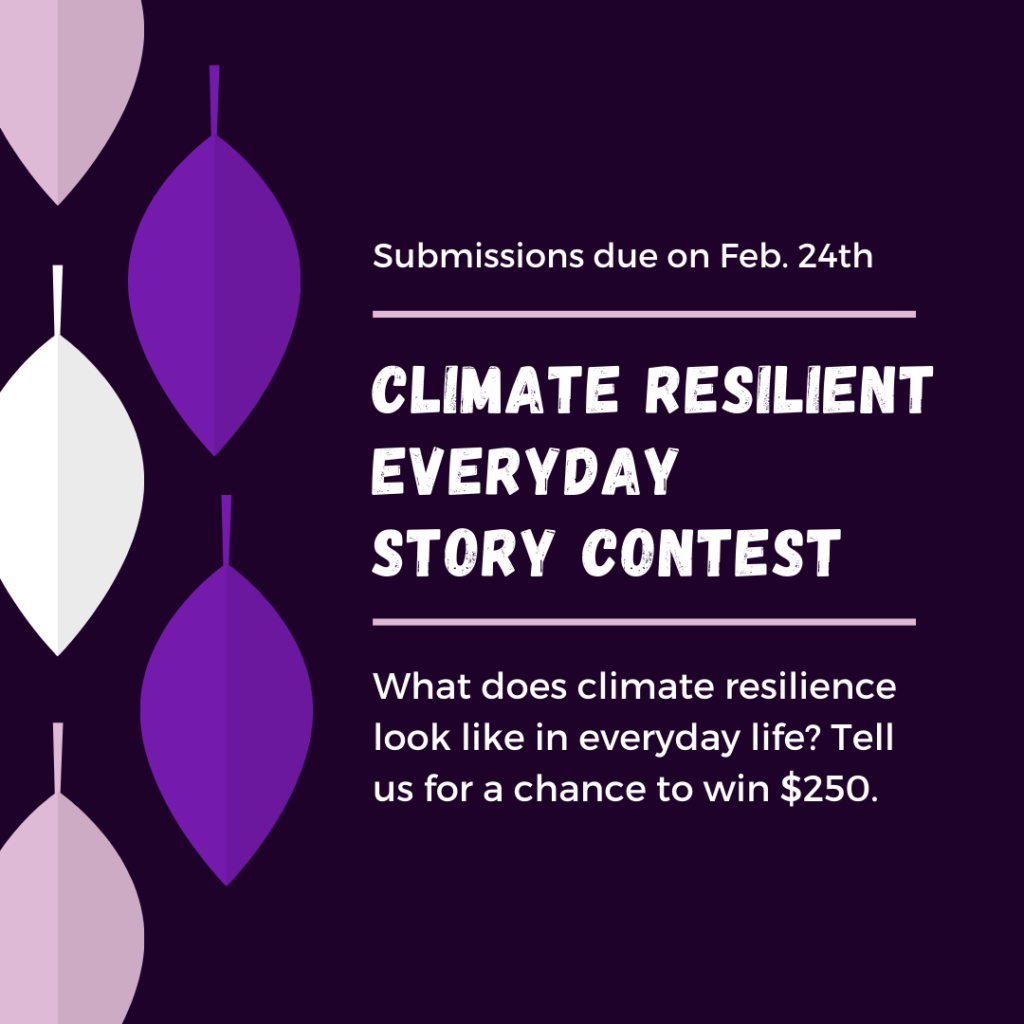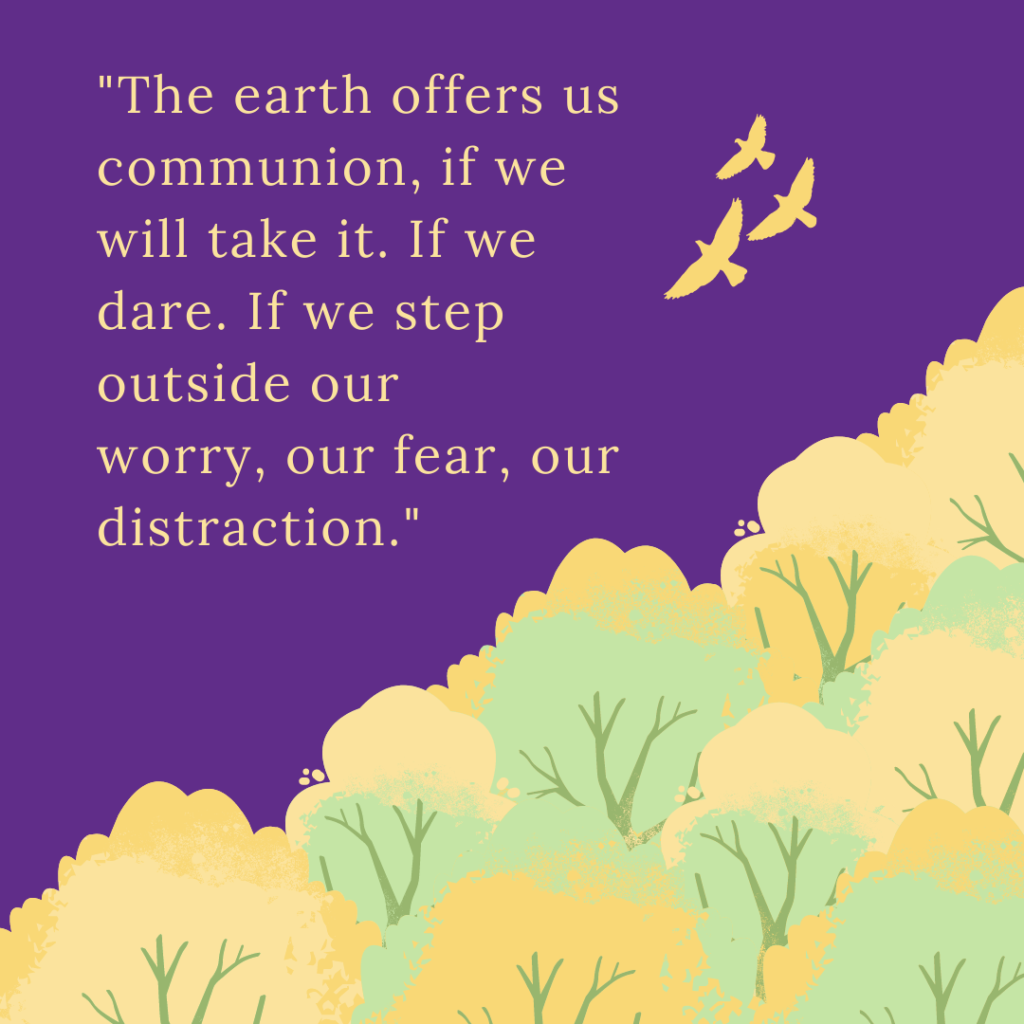
The Climate Resilient Everyday Short Story Contest ran from early December to late February with the purpose of exploring how everyday people are demonstrating climate resilience. Anne-Catherine Schaaf ’22 won this contest with her story called Blackstone Communion:
I had expected solitude on that cold February morning in the park. But there was a mallard, swimming contentedly in lazy circles. A shining emerald coat, a dark head bobbing against the water. I breathed in the fresh air, the hint of snow layered with traffic fumes from the road not too far away, and tried to understand. What was it doing here, on such a cold morning? Don’t birds usually head south during the bitter Massachusetts winters? I was mystified. I learned later, however, that sometimes, if the river doesn’t freeze, and there’s enough food, some birds will stay. I walk slowly along the bridge, listening. With every step, the snow sinks into my boots, and I’m grateful for the thick woolen socks my friend made for me. Each labored step is worth it though, when I spot the tracks of some small animal. A rabbit perhaps, or maybe one of the skunks that linger outside Dinand decided to pay a visit to the river, like me. There are birds singing, tiny puffball sparrows, that I could only spot when they shifted their perches among the trees. It was wonderful. But was it right? Did the river use to freeze? Was my peaceful solidarity with these creatures a portent, a judgment?
The next day, I go to mass and take communion. The questions still weighed on me as the wafer melted on my tongue.
People feel so hopeless. Humans suck, my friend says when we go back to our room after mass, and we all look up from our digital diet of horrible news and desperate GoFundMes to nod. I think about white-horned rhinoceros, and blue whales and sea leopards. Deforestation. Oil spills. And then again, my mind returns to the mallard.
Across America, wetlands are dug and up and paved over as business and housing developments expands. Far from “waste” lands however, wetlands offer a home to countless species, while filtering toxins through the water and soil and absorbing and slowly releasing floodwaters. We created landfills, and nature has created a place that can take in the runoff and produce flowers and cranberries and a home for turtles and dragonflies and frogs. And mallards.
When you first walk into Blackstone Gateway park, you can see a concrete and metal dam, rusted and stained a deep red. It’s remnant of the parks past, as it harnessed the power of the middle river to power the Iron and Wire works, another wheel spinning the Industrial Revolution forward as it churned up lands and lives worldwide. The giant had dug his knuckle into the land where the Nipmuck tribes used to fish, creating the canal that powered the mills that powered the city. And now, a park, where I realize just how little I know about birds.
I think about communion. I think about prayer, and I think about hope. Something can live again. Something can return.
The land does not have a destiny. It could have stayed the way it was, or changed slowly, with little or malicious human interference. But someone thought it could be more. And through the actions of many, now I can stand, enjoying its beauty just the birds enjoy the clean water and the bountiful food and the safe resting places.
These trees seem to huddle together as if they’re just as cold as I am. In the shuddering trees, something had made a nest. I can’t imagine the work that went in to, find every single stick and weave them together, like a mother knitting a blanket for her baby. I marvel, again and again, how even in winter, I could still hear bird calls. Hard work, and tender love, will have its reward. In the sanctuary of St. Joseph as rainbow light envelops me, I take communion. Out here, as the mallard lives his life as perfectly as he is meant and we both breather clean air, I take communion.
God’s alive, and she’s with me, and I’m with her.
In the spring, more birds will come back.
The earth offers us communion, if we will take it. If we dare. If we step outside our worry, our fear, our distraction. Let us let ourselves sink into glorious awareness, and rise into hope. It’s not just Blackstone. My sisters and I let our dog run along the pebbled shores of Lake Erie and his joy often propels him straight into the waves, clean waves, waves of water that have been healed because humans chose to heal them. Our choices matter. Bill McKibben often says, and scientists agree, that each degree and half-degree we keep the earth from rising means thousands, if not millions, of human and animal lives saved. A half degree rise is infinitely better than a degree rise is infinitely better than a degree and half rise is infinitely better than a two degree rise. Some scientists are beginning to speculate that wetlands could be a secret weapon against climate change as they absorb carbon and break down chemicals. Our ancestors built lives and homes, and some of them built a place to be with nature. We can build on that. In the spring, I will hike up behind the athletic fields and plant milkweed and wildflowers. The birds will return, and their love songs will fill the air. I asked my friends if they wanted to get trash bags and gloves to pick up the litter that lines the path to Blackstone, and they all agreed wholeheartedly. The earth is broken, and heals, and even if we’re afraid and unsure, stumbling like a hatchling on the edge of a twig, we can choose to be a healer.
A few days later, I return to Blackstone Park. The mallard drake is still there, but now he’s joined by a hen, petite and camouflaged in the brown shades of the reeds. They move in easy curves along the ripples of the water, the purpose of their path indiscernible to me. Across the other side of the bridge where I stand, a flock of geese is honking with the persistence of a fire alarm, announcing their presence to the world. I can’t help but think of Mary Oliver, and how often I’m unsure of where I belong in the family of things. Out here, though, at least it’s a little clearer.
You choose to take communion, when it is offered. Sometimes by a priest, offering a taste of grace. Sometimes by the people who came before you, who saw a polluted land and healed it. Sometimes, always, the earth holds out her hand, perpetually offering another chance. Sometimes even a mallard offers communion.
Story written by Anne-Catherine Schaaf ’22
